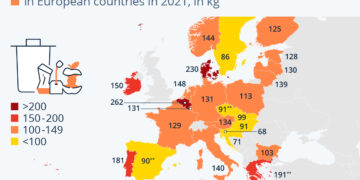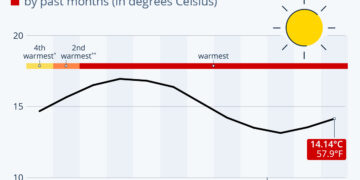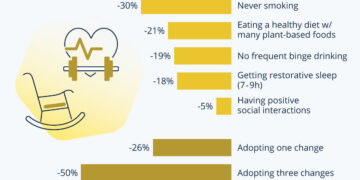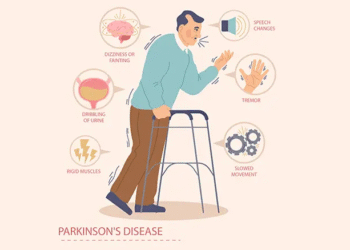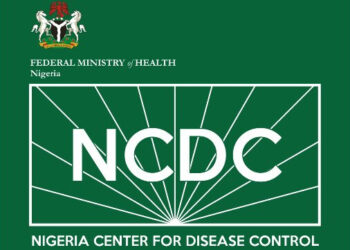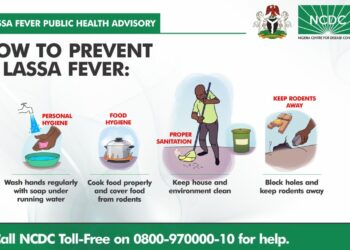“Every day, I see people who come to my shop unaware they’re gradually taking their own lives,” Mr. Joseph (not real name) lamented.
During a recent field visit following an intensive Media_EIS session on Social and Behavior Change (SBC) and Risk Communication, our team had the privilege of meeting Mr. Joseph,
a father of seven graduates and a Patent and Proprietary Medicine Vendor (PPMV). With a sense of urgency in his voice, Mr. Joseph shared the sobering reality of his daily encounters with customers who unknowingly put their health at risk.
“I usually ask them for lab results before administering drugs,” Mr. Joseph explained. “But many of my customers claim they can’t afford additional medical expenses, insisting on treatment based solely on symptoms. According to them, their symptoms are always the same.”
Despite his insistence on proper diagnostic procedures, Mr. Joseph often finds himself torn between adhering to medical guidelines and succumbing to the pressure of meeting his customers’ demands. It’s a delicate balance he grapples with each day, knowing that lives hang in the balance.
But Mr. Joseph’s challenges don’t end there. He also shared with us the alarming trend of patients not completing their prescribed treatment regimens. “People often form the habit of self-medicating and stopping treatment prematurely,” he revealed. “They fail to recognize the dangers of incomplete treatment and the risk of drug resistance.”
Drug resistance has become a growing threat to public health, and the insights shared by Mr. Joseph, shed light on the complex challenges faced in addressing this issue. This scenario highlights the urgency of addressing behavioral factors contributing to antimicrobial resistance (AMR), particularly in the context of malaria treatment with Artemisinin-based Combination Therapies (ACTs). The reluctance of patients to undergo lab tests and the pressure faced by PPMVs to dispense medication based solely on symptoms pose significant barriers to effective treatment and contribute to the misuse and overuse of antimicrobial drugs.
Adding to his concerns, Mr. Joseph spoke candidly about the presence of quacks within the PPMV community—individuals more interested in profits than the well-being of their patients. “Amongst PPMVs, there are quacks who prioritize money over lives,” he said solemnly. “Their actions endanger the health of our community and undermine the efforts of genuine healthcare providers.”
As our team returned that day, Mr. Joseph’s words lingered in our minds. His dedication to saving lives amidst adversity serves as a poignant reminder of the importance of grassroots efforts in combating health challenges and promoting behavior change.
Report by: Obasiohia, Raphael Onyekach


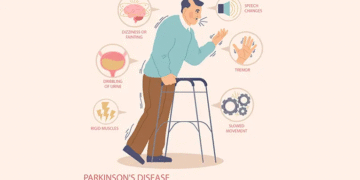

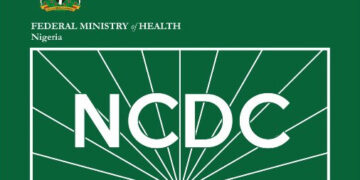
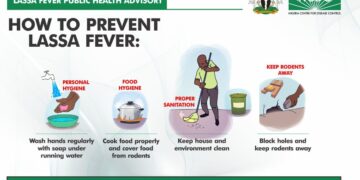



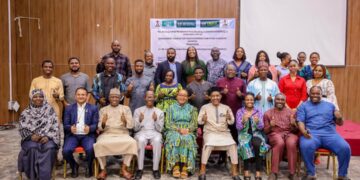
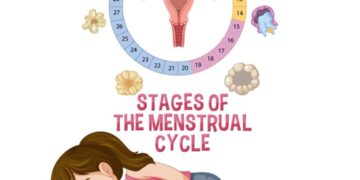

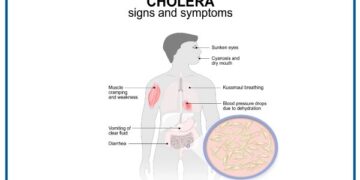
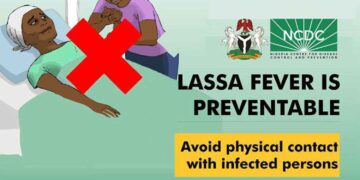

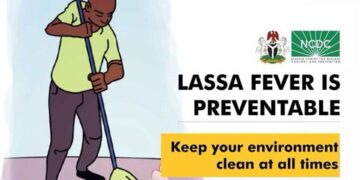
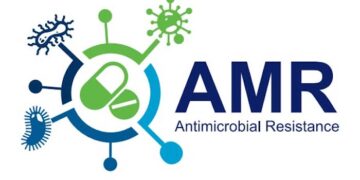

![Antimicrobial Resistance [AMR] in Hausa](https://healthtoday.com.ng/wp-content/uploads/2024/02/antimicrobial-resistance-AMR--360x180.jpeg)




